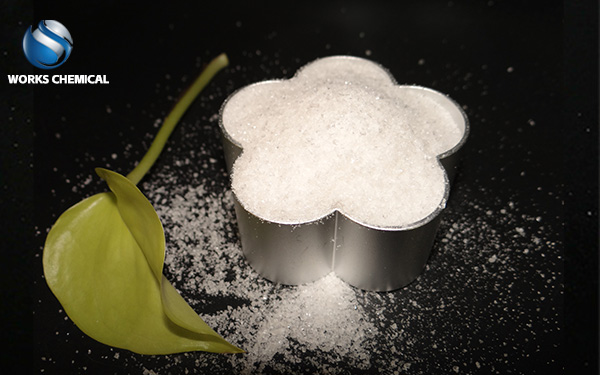
Sludge dehydrating agent is a kind of chemical agent which can change the surface structure of sludge, reduce the solid surface load of sludge, reduce the specific surface area of sludge and destroy the structure of bacteria. Sludge dewatering agent can significantly improve the dewatering efficiency of sludge, reduce the moisture content of sludge, and contribute to the subsequent treatment and disposal of sludge. The following is a detailed introduction to the sludge dehydrating agent:

First, the main ingredients
The main components of sludge dewatering agent include inorganic compounds, sludge surface structure modifier, degreaser, wall breaking agent, sludge surface treatment agent, sludge stripping agent and other chemical agents. These ingredients work together to change the physical and chemical properties of the sludge and promote the separation of water from the sludge.
Two, the main function
Sludge dewatering agent can significantly reduce the moisture content of sludge, and even can reduce the moisture content of sludge from more than 90% to 40%-60%.
Shorten the dehydration time: By changing the physical and chemical characteristics of the sludge, the sludge dehydrating agent can shorten the dehydration time, reduce the energy consumption and treatment time of the dehydration equipment.
Improved dewatering performance: The sludge dewatering agent can improve the dewatering performance of the sludge, making the dehydrated mud cake easier to further treatment and disposal, such as drying or incineration.
Reduce operating costs: Due to the improvement of dewatering efficiency and the shortening of dewatering time, the sludge dewatering agent can reduce the operating costs of the dewatering equipment and the disposal costs of the sludge.
Three, common types
Common sludge dehydrants include polyacrylamide (PAM), polyaluminum chloride (PAC), biological flocculants, alum, lime, ferrous sulfate, polyferric sulfate and so on. These dehydrants have their own characteristics and are suitable for different types of sludge and water quality. For example:
Polyacrylamide (PAM) : a kind of high polymer dehydrating agent, with strong hydrophilicity and good flocculation performance. According to the ionic properties, it can be divided into anionic, cationic and non-ionic types. Anionic polyacrylamide is often used in coal washing, sand washing, mineral processing and other tailings water dehydration, cationic polyacrylamide is often used in paper, pharmaceutical, municipal sewage, industrial sewage dehydration.
Polyaluminum chloride (PAC) : an inorganic polymer coagulant, with adsorption, condensation, precipitation and other properties, can remove suspended solids in water, heavy metal ions and other pollutants.
4. Methods of use
The use of sludge dehydrant generally includes the following steps:
The sludge in the sludge thickening tank (or the sludge pressed out by the belt mud press) is modulated with water, so that the solid content of the sludge is between 4%-10%.
Add 20%-45% of the absolute dry sludge dehydrating agent to the sludge and react for 10-20 minutes.
The reacted sludge is pumped into the high pressure plate frame filter press or other desilting equipment for press filtration to form mud cake.
5. Precautions
Storage conditions: Sludge dehydrant should be stored in a cool, dry, ventilated place, avoid direct sunlight and high temperature. The storage tank should be mechanically stirred or internally circulated to maintain the uniformity of the agent.
Safety: sludge dehydrating agents are generally chemical agents, and protective equipment should be worn when used to avoid direct contact with skin and eyes. In case of contact, rinse immediately with plenty of water and seek medical attention.
Applicability: Different types of sludge and water quality may require different types of sludge dehydrants. When selecting sludge dehydrating agent, it should be tested and compared according to the actual situation to select the most suitable agent.
In summary, sludge dehydrating agent plays an important role in sludge treatment process. By selecting the appropriate sludge dewatering agent and using it correctly, the dewatering efficiency and treatment effect of sludge can be significantly improved, and the operating cost and disposal cost can be reduced.